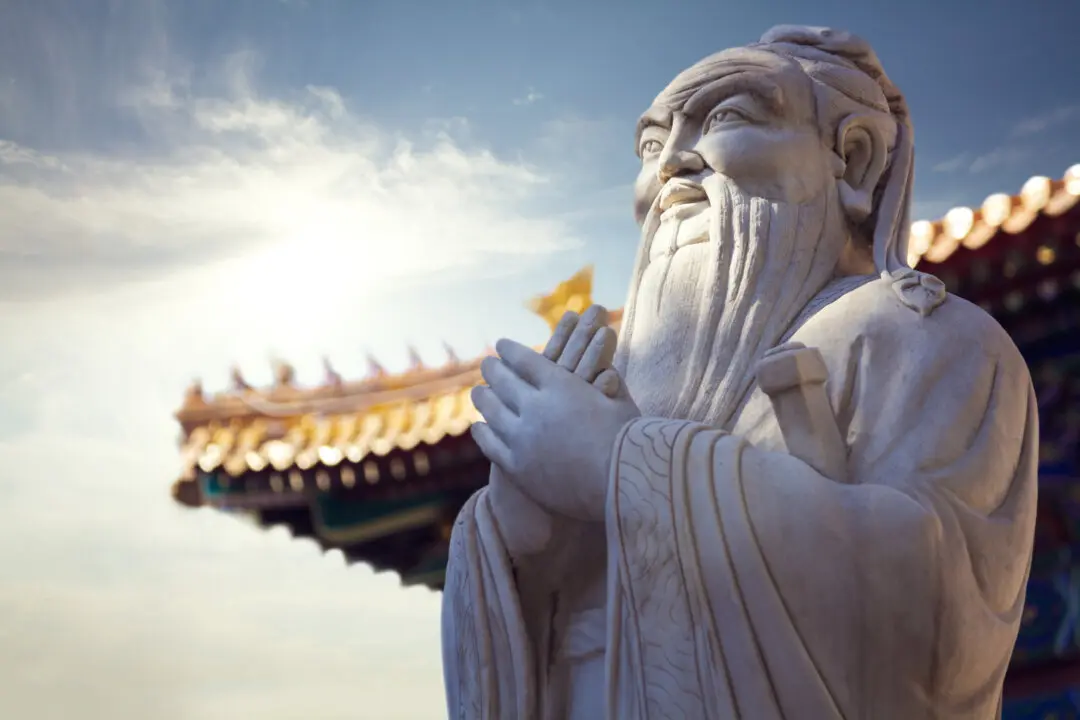Since December 2022, COVID has swept across China, and Chinese doctors and patients are desperate for COVID drugs, which are in short supply.
The Chinese communist regime lifted its signature zero-COVID measures in early December 2022, a long-awaited move for the Chinese people, but at the wrong timing and without proper preparations for medical supplies.





